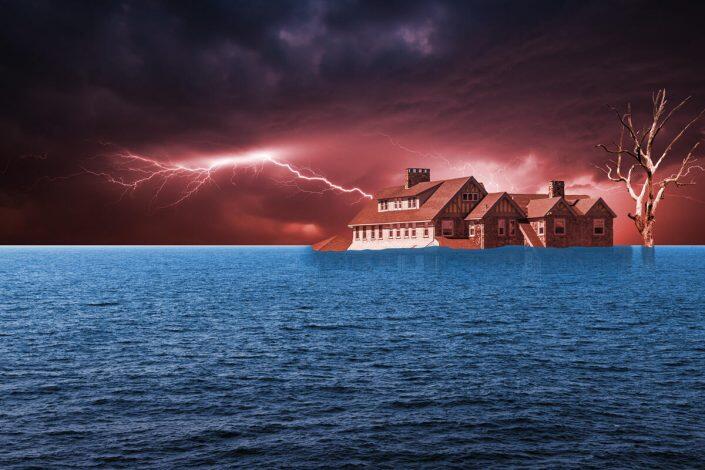
Residents of the Hamptons are joining with the government to save their beaches from climate change, but success may be harder than cupping sand in one’s hands.
The U.S. will spend at least $1.5 billion across 80 miles of Long Island for the Fire Island to Montauk Point project, the subject of an in-depth feature by Bloomberg. A large chunk of that money will go towards pumping offshore sand onto the beaches, while funds will also go towards lifting the foundations of beachfront homes.
The U.S. Army Corps of Engineers will lead projects that are both proactive and reactive. Priority was given to work that both helps the environment and local economies. Montauk, Southampton and Fire Island — a thin strip of land where 83 percent of homes are at risk — were singled out. Projects include dredging, coastal restoration raising or flood-proofing structures, the report explains.
While governments will help foot some of the bill, the wealthy who own land in the Hamptons will likely contribute money of their own to build private sea walls. Nearly $1 million was spent in East Hampton this year to restore the sand on beaches across the town, a problem accelerated by rising seas.
But the story paints a pessimistic picture — one of residents and the government taking on forces of nature destined to overwhelm them.
“Are we going to take this opportunity to re-envision the way we live with water, or are we just going to fight against it until we lose?” Alison Branco, coastal director for the Nature Conservancy in New York, told Bloomberg. “You can continue to pour sand and build beaches if your money is infinite and your sand is infinite. Of course, neither of those is true.”
According to the story, the dilemma will only grow in the coming years as the government throws money and sand at a problem that may be beyond its capabilities to solve.
In the past 100 years, New York ranks fifth with 120 million cubic yards of sand used towards replenishment; California is first.
While other states and municipalities are imperiled, the visibility of the Hamptons and its proximity to the coast make it a unique entry point in the battle for the coastal United States. The Hamptons and other coastal areas of Long Island could serve as a guinea pig for projects across the nation to combat the ravages of climate change.
Read more

[Bloomberg] — Holden Walter-Warner
